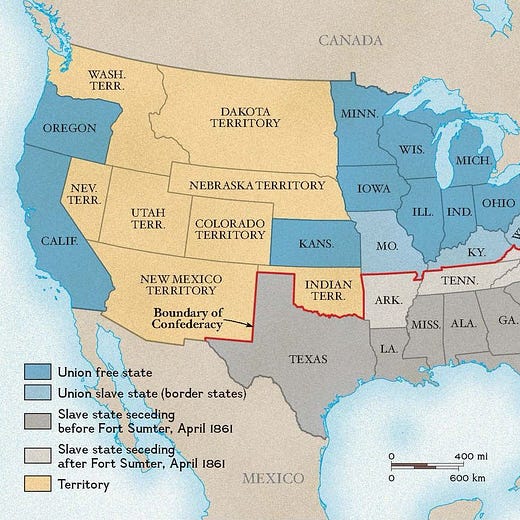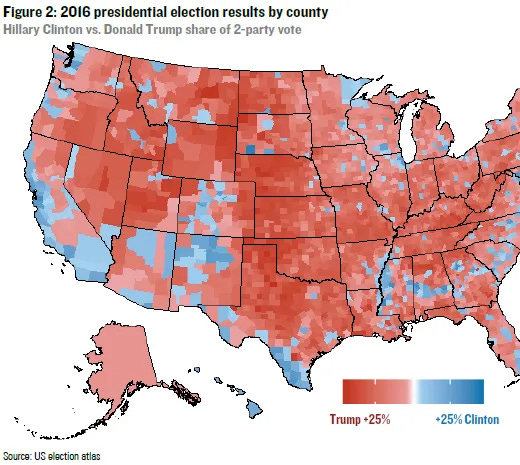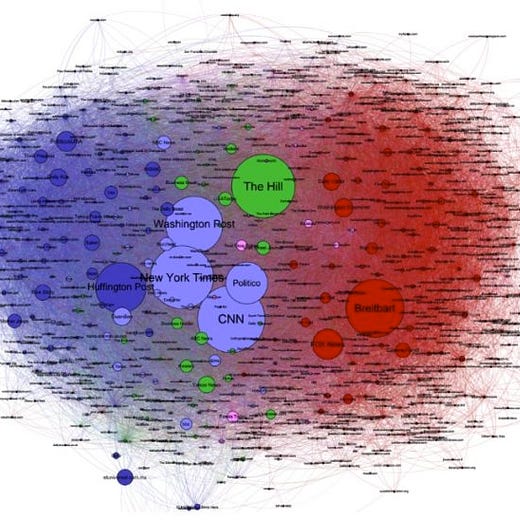Daily Balajisms - Personal Runway
Financial independence is upstream of ideological independence
A runway is cash in the bank, divided by a monthly burn-rate of a startup. With personal runway, Balaji Srinivasan extended this concept to individuals and connected it to ideological independence.
You need to avoid, what people like Taleb call an absorbing barrier. Or a trap door in Balaji’s Idea Maze concept. You need to have enough resources to get through all the dead ends and obstacles.
Individuals should have enough personal runway to withstand various gray swans and black swans, including cancelation by an online mob. If people get cancelled and de-platformed during our times of, what Balaji calls, a social war, they often lose their source of income, connection to subscribers and can even be subject to internal sanctions, like Canadian truckers during Covid-19 protests.
Web3 will ultimately solve this, allowing creators to own their content and social graph. Together with pseudonymous economy, as another step towards decentralization and meritocracy, web3 will be a financial unlock comparable to Deng Xiaoping allowing capitalism in China (~$100T).
Personal runway is upstream of tech innovations, like web3. Because, if you can’t save, you can’t HODL.
Balaji mentions a new path for young people today. They don’t need to become startup founders, like in the mid-2000s. They don’t need to rely on optionality and stochastic processes of creating wealth.
Because, cutting costs is a deterministic way how to boost your personal runway. In the age of Starlink and remote work, people can capitalize on longitudinal arbitrage and reduce their spend dramatically, by exiting from expensive cities to the cheapest remote locations they can tolerate.
Balaji also tells young people to study computer science and statistics. They are what physics and math were in the 20th century. Most of our daily lives will be spent in the “Matrix” – mediated through some kind of digital interface. And CS plus statistics is the way how to manipulate digital objects, using algorithms and data. Another path for wordcel-like people is to create media content to support engineers and tech-progressivism.
Saving, and working as an engineer, from a remote location, and in a pseudonymous economy, is a way to increase personal runway and decentralize reputation. Plus living in a highly-aligned community.
Taleb mentions Gell-Mann’s metaphor for ergodicity – it is quite different, if 100 people visit a casino for one day, or if one person visits a casino for 100 days. Startup founders aren’t VCs with portfolios, they go all-in on one big bet (their company) with a relentless focus for a limited amount of time.
Startups, like people, die all the time, and Peter Thiel says, it is always tragic. Investors have optionality.
Communities are more like cities than companies. More diversified and less focused. Communities in the noosphere, like startup societies and network unions, are even more decentralized and thus nuke-proof.
Financial independence is upstream of ideological independence, as Balaji says. With web3 we can measure and audit the wealth of communities like network unions/archipelagos/states. Like a personal runway, we can measure a community runway on various dimensions.





